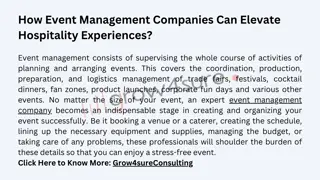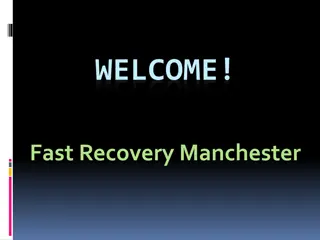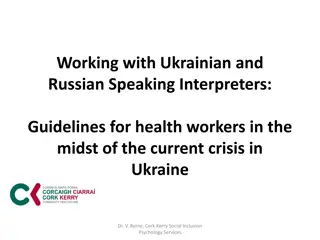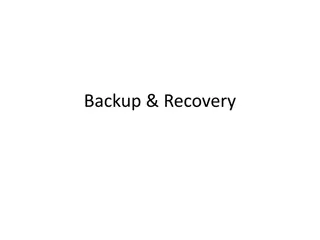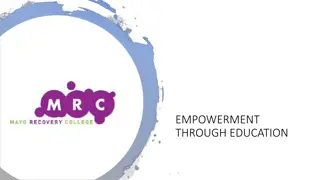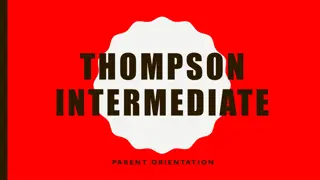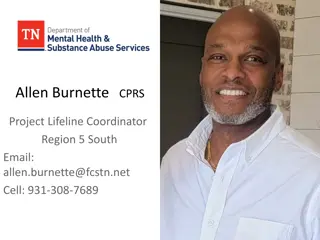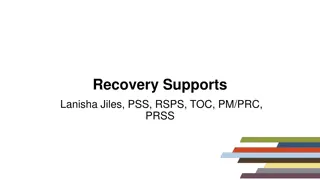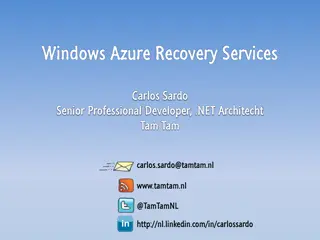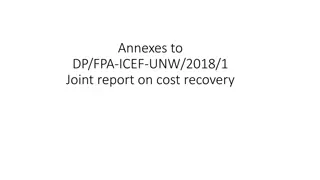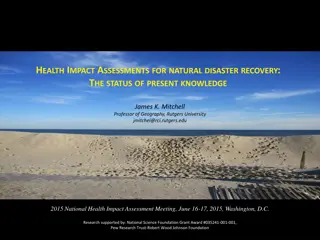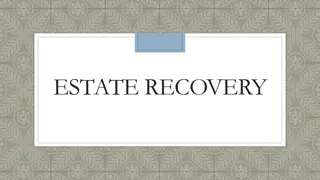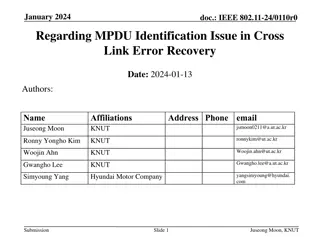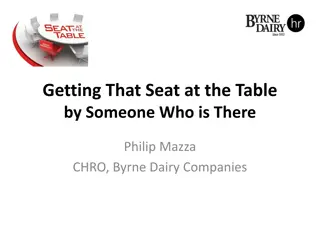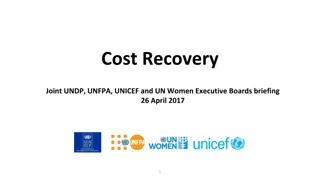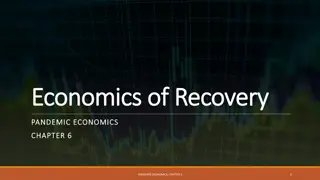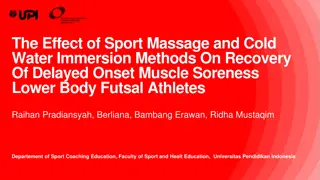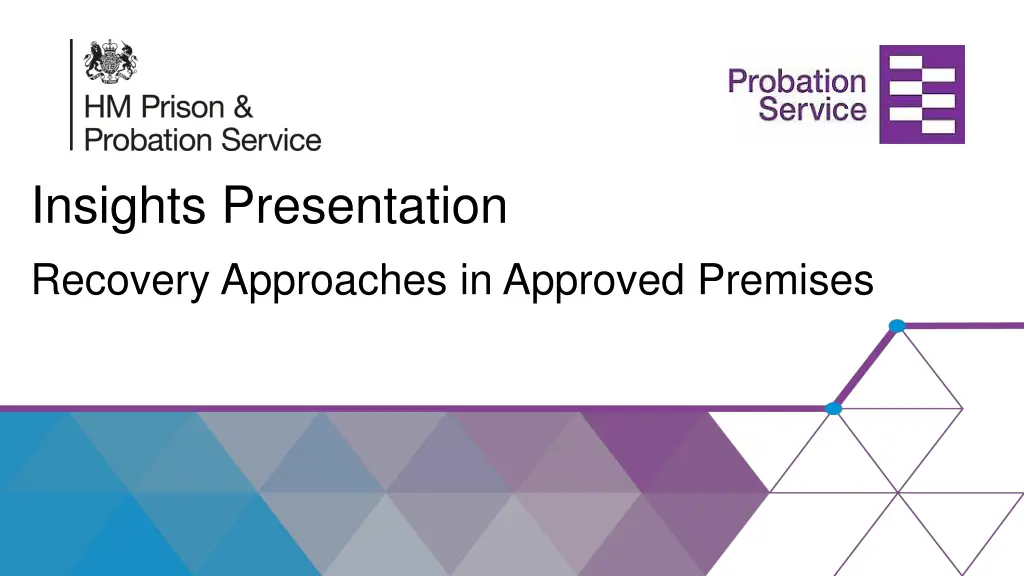
Recovery Approaches in Approved Premises - Focused on Hope and Empowerment
Discover the innovative Recovery Focused Approved Premises (RFAP) strategy, emphasizing hope, empowerment, and community support for individuals transitioning to recovery. Learn about the CHIME model, unique RFAP locations, and comprehensive recovery plans tailored to individual needs. Explore the transformative impact of mutual aid, myth busting sessions, and ongoing initiatives promoting recovery across various settings. Join the movement to support recovery in Approved Premises and the wider community.
Download Presentation

Please find below an Image/Link to download the presentation.
The content on the website is provided AS IS for your information and personal use only. It may not be sold, licensed, or shared on other websites without obtaining consent from the author. If you encounter any issues during the download, it is possible that the publisher has removed the file from their server.
You are allowed to download the files provided on this website for personal or commercial use, subject to the condition that they are used lawfully. All files are the property of their respective owners.
The content on the website is provided AS IS for your information and personal use only. It may not be sold, licensed, or shared on other websites without obtaining consent from the author.
E N D
Presentation Transcript
Insights Presentation Recovery Approaches in Approved Premises
Approved Premises (AP) Recovery Focussed Approved Premises (RFAP) What are Approved Premises? Public Protection Following Harm to Hope strategy, our response was to set up Recovery Focussed APs as a proof of concept and to develop recovery approaches in all APs. Recovery Focussed Aps? The RFAP locations were selected on evidence of risk, need and rehabilitation - (H2H) Understanding: Hurt is at the centre of all addictive behaviours. (Gabor Mat ) The model is for RFAP s is to break the cycle by providing continuity of recovery Staff trained by LERO s as Recovery Coaches- what s strong not what s wrong Track referrals from DRW/ISFL Once accepted onto the pathway; preparation for release; pre-release workbook / transition planning Residents spend 10 sessions per week on recovery/ rehabilitative activity Each RFAP steeped in the local recovery community including with mutual aid/ peer led groups 2
RFAP ETHOS - CHIME Model Connection is the opposite of addiction not abstinence Hope is the main component: people need to feel connected, supported, believed, and worthy Identity, what is strong not what is wrong focus on positives, not shame and stigma Meaningful AP Placements ensure that there is busy schedule which is purposeful and Empowerment- Culturally sensitive- recovery is individual 3
Summary of recovery work Recovery in every AP mixed cohort so we are making recovery visible with Mutual Aid Groups (AA/NA/CA/ SMART) Myth Busting and Introductory Sessions via national online events and in person visits, piloting OHID FAMA sessions, Recovery Month events and linking with LERO s. Toolkit- how to guide for RFAP s but also what every AP can do to introduce recovery; levels of recovery Innovations; prison tracking, recovery coach training with prison staff, mixed SMART cohort at one AP, FAMA sessions Lessons learnt- vital to focus on transitions from custody to AP and AP to the wider community. As such we now have First week out schedule, Warrior Down plan and Outreach all in early stages Research and Evaluation underway Call to action - what can YOU do in prisons, community services to help us promote recovery in APs 4

